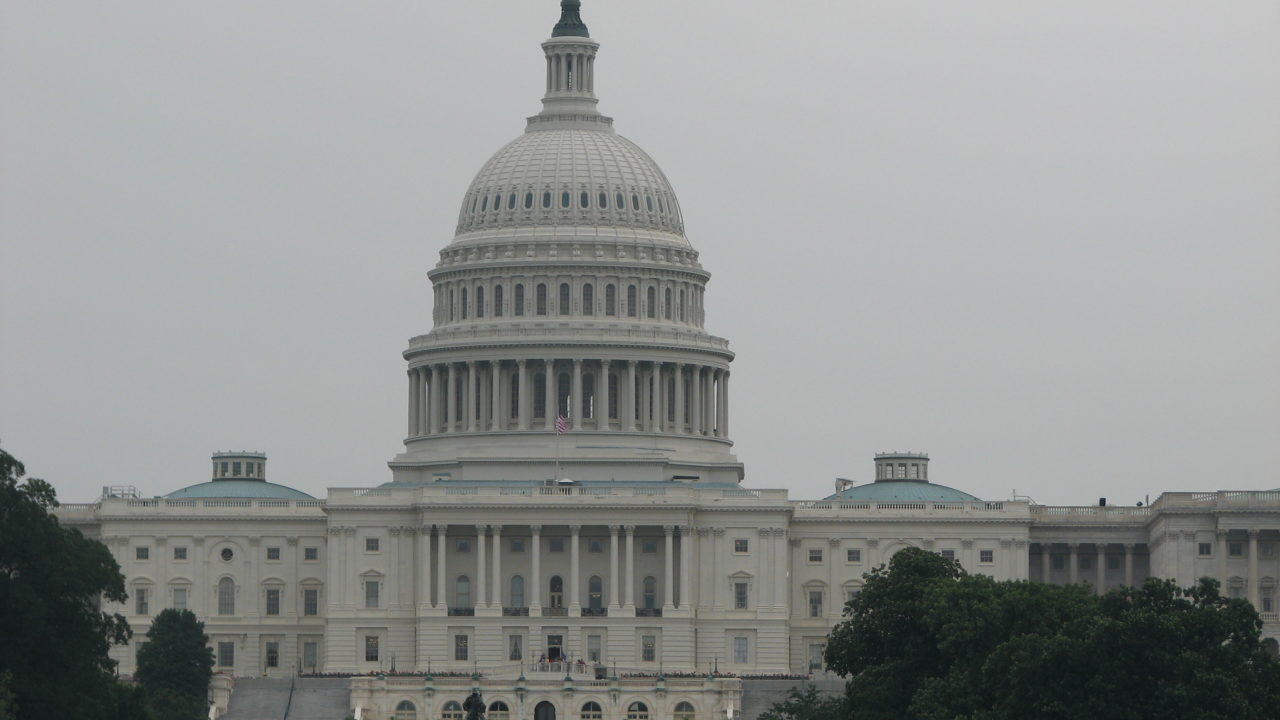
Senate Judiciary Puts Antitrust Enforcement Under the Magnifying Glass
The Senate Judiciary Subcommittee on Antitrust, Competition Policy and Consumer Rights examined the country’s top antitrust regulators in a heated — and at times tense — hearing on Tuesday.
Federal Trade Commission Chairman Joseph Simons and Assistant Attorney General Makan Delrahim of the Antitrust Division of the U.S. Department of Justice answered questions on their agencies’ reviews of tech companies, hospital mergers and automaker probes.
Antitrust law as a tool to counter bias
Antitrust, Competition Policy and Consumer Rights Subcommittee Chairman Mike Lee asked whether political viewpoint bias should be the subject of antitrust enforcement.
Sen. Mike Lee: Should bias concerns be addressed through antitrust enforcement?
Delrahim: "I think it’s an important question as a matter of public policy.
To an extent, it’s part of the qualitative analysis," he says.— Makena Kelly (@kellymakena) September 17, 2019
Assistant Attorney General Delrahim said that a monopolist’s conduct that prevents competition would have an impact on the viewpoint that ultimately gets to the consumer. Therefore, bias would be a consideration as part of the qualitative analysis, in addition to price, output, choice and quality.
Chairman Simons took a different approach. He said that antitrust is not the right solution for this problem and that using it could potentially create bigger issues.
“If somebody just becomes successful and gets a big share because of their success, you could run into the same problems even though they haven’t committed any anticompetitive acts,” he said.
The agencies’ reviews of tech and telecom companies
Several senators asked about the agencies’ reviews of tech companies. Though Chairman Simons and Assistant Attorney General Delrahim couldn’t comment too much on ongoing investigations, they could divulge that the FTC and DoJ are investigating Facebook and Google, respectively.
Senator Amy Klobuchar questioned Assistant Attorney General Delrahim on the T-Mobile/Sprint merger, saying that it’s a “hope and prayer” that Dish will build out a wireless network. Assistant Attorney General Delrahim pushed back against this, emphasizing that the DoJ had committed Dish to building out its network.
The assistant attorney general also pointed out that the merger is good for consumers and competition, since a combined T-Mobile/Sprint will be more fully capable of competing against the leading wireless carriers, Verizon and AT&T.
Makan Delrahim of @JusticeATR: “I think the consumer, particularly in rural areas, is going to win at the end of this, if the merger goes forward.” #TMoSprint #AntitrustOversight #Antitrust
— Katie McAuliffe (@DigitalLiberty) September 17, 2019
Senator Richard Blumenthal later pressed him on the merger, claiming that Federal Communication Commission Chairman Ajit Pai’s support for the merger would have impacted his own decision.
Assistant Attorney General Delrahim said that while Chairman Pai is a “fantastic antitrust attorney,” the FCC judges mergers on a different public interest basis and doesn’t place as much of an emphasis on competition. Therefore, the DoJ’s decisions — which was based solely on competition — was independent.
“The ultimate resolution is output-enhancing, and it will be pro-consumer,” Assistant Attorney General Delrahim said.
A lack of enforcement?
Senator Josh Hawley expressed concern for what he views as a lack of “pro-competition enforcement” within the two agencies.
He focused on the FTC’s recent fine on Facebook, asking for more information from the Commission.
Chairman Simons defended the FTC’s actions, emphasizing that if it had taken Facebook to court it would’ve spent years litigating the case and likely would’ve gotten far less than the $5 billion fine.
Hawley implies the FTC does not bring a lot of litigation and when it does that it usually settles.
Simons says the FTC is very busy litigating and that legal matters as a whole tend to result in settlements.
— Ben Remaly (@BenRemaly) September 17, 2019
“What I see from your agency is, frankly, a culture of paralysis,” Senator Hawley said. “I’m tempted to call it a culture of capitulation.”
The senator then read out a statistic claiming that two-thirds of FTC commissioners and bureau leaders go on to represent tech giants. Chairman Simons was unaware of such a statistic, but emphasized that it goes both ways. Before is career at the FTC, he had represented companies that competed against Microsoft.
Later, Chairman Lee pointed out that it’s essential that the United States enforce antitrust correctly.
.@SenMikeLee: "I wouldn’t ever want to see U.S. antitrust policies start to look like antitrust enforcement/antitrust policy in the EU, where the primary concern seems to be protecting competitors rather than competition itself." #AntitrustOversight #Antitrust #SenJudiciary
— Katie McAuliffe (@DigitalLiberty) September 17, 2019
This won’t be the last time the Senate Judiciary committee looks into competition of technology platforms. Next Tuesday, the committee will hold a hearing on “Competition in Digital Technology Markets: Examining Acquisitions of Nascent or Potential Competitors by Digital Platforms.”
Author: Bethany Patterson
Photo credit: Keithreifsnyder (Flickr)